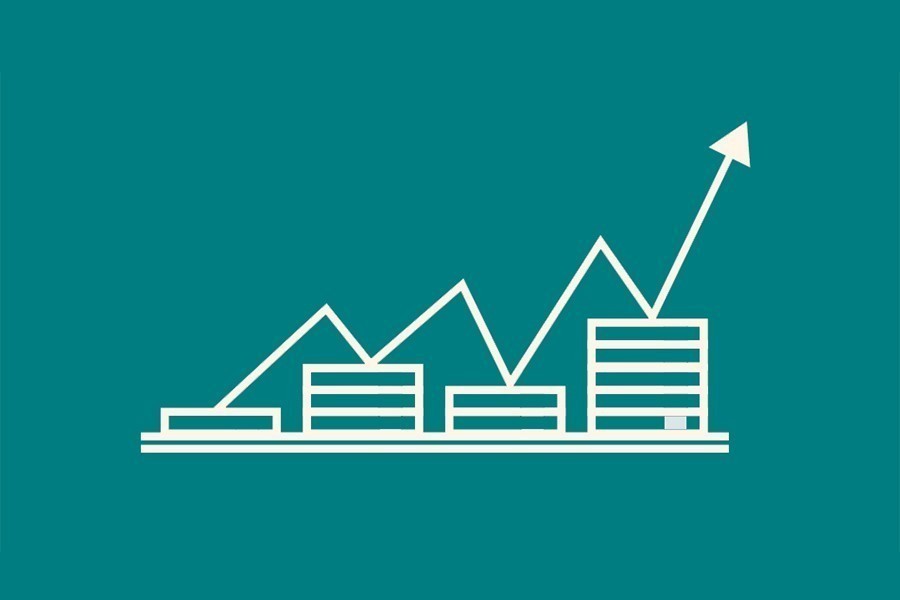Bangladesh needs to be cautious for sustainable economic growth as rapid growth is quite common among developing countries, but it is rarely sustainable and equitable, experts said citing studies.
Economic growth studies show that episodes of rapid growth are quite common among developing countries.
China has seen one of the highest increases in income inequality along with high economic growth since its embracing of the market economy and is only now clamping down on big businesses.
Wahiduddin Mahmud said in his keynote speech titled “Enabling Environment for Economic growth: Some Country contexts for Bangladesh'' on the third day of the three-day BIDS international conference on development in Dhaka on Friday.
Japanese growth has been remarkably equitable. Japan followed its business model tied to workers’ welfare and loyalty – the so-called “Japanese ethos”.
Bangladesh is also now cited as a country producing billionaires, which means we are achieving high economic growth, but it also means that growth has become increasingly unequal.
Besides, an immediate concern is the challenges to be faced in the post-LDC era.
Most of our trade competitors have already become part of one or more regional free trade arrangements (FTAs). Negotiations of FTAs take a long time and a lot of expertise.
Another important country context for Bangladesh is its extreme land scarcity; the proportion of total land area that is not already used for habitation and production activities is the lowest among all countries (forget the island states like Singapore), he read.
That makes it extremely difficult to have urbanisation and industrialisation without impinging on agricultural land or whatever environmental resources like forests and water bodies we are left with.
If we become even a high-middle income country, we shall have to imagine an environmentally sustainable configuration of land use where we shall be producing GDP per square kilometre that will be higher than most of today’s industrialised countries.
That could be another research agenda for the BIDS, he emphasised.


